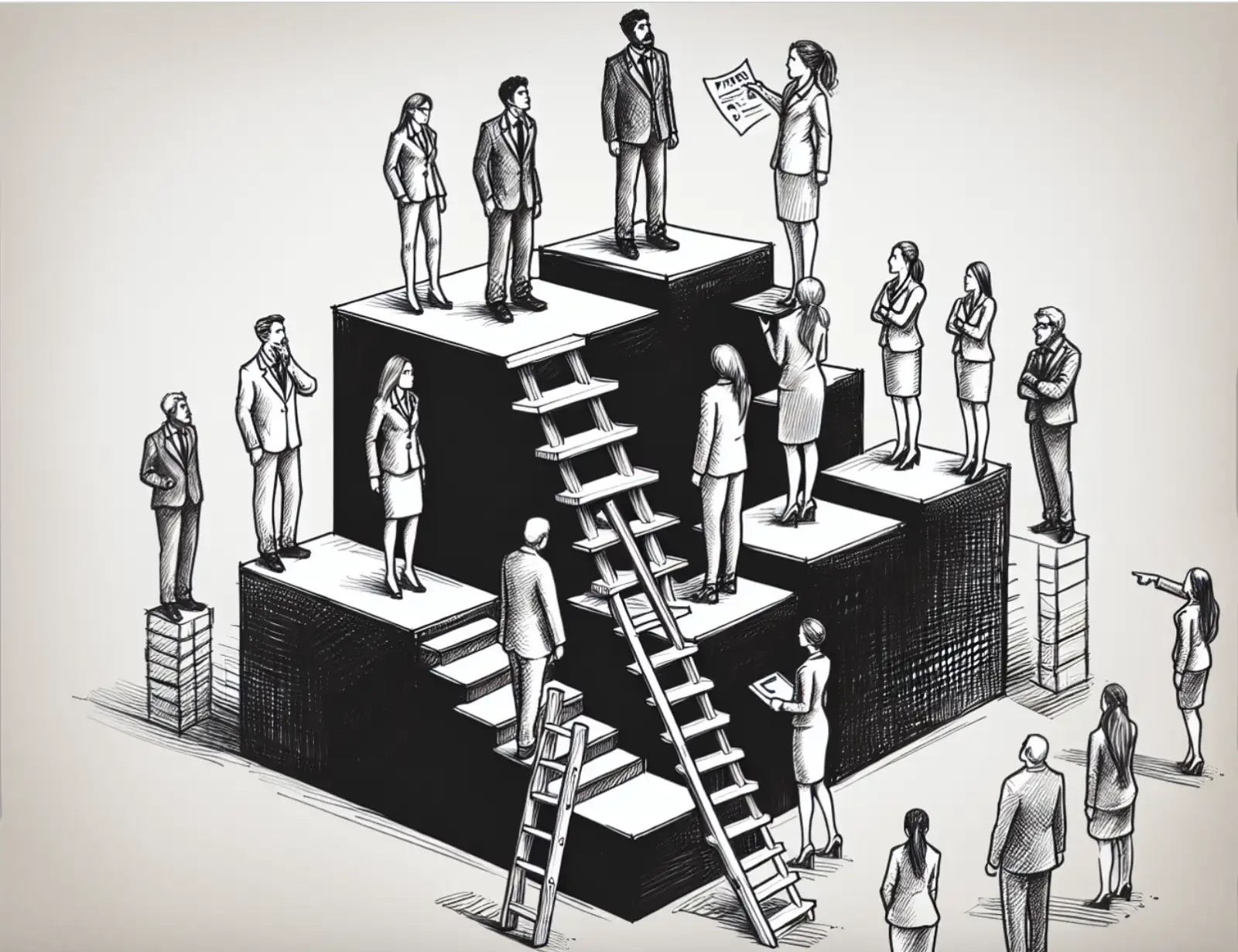Peter Principle: Everyone Will Eventually Face Challenges Beyond Their Capabilities

Translated by AI
The Peter Principle is a management theory introduced by Laurence J. Peter and Raymond Hull in 1969, in their book 'The Peter Principle: Why Things Always Go Wrong.' The core concept states: 'In a hierarchy, every employee tends to rise to their level of incompetence.'
To put it simply, when an individual performs excellently, they continue to be promoted until they reach a level where they can no longer competently fulfill their duties, thus reaching the 'level of incompetence.' This explains the common inefficiency seen in organizations using promotion as a reward.
Note: In 2020, the book was republished by Lok King Publishing House under the title 'The Peter Principle: A Bestselling Classic in Management for Over 50 Years! Revealing Why Companies Are Filled with Inept Individuals.'
Promotions Should Be Based on Suitable Abilities, Not Merely Past Excellence
The 'incompetent manager' is the most direct result of the Peter Principle. For example, technical experts might struggle in managerial roles. In tech-driven companies, many engineers are promoted to department heads due to their technical prowess. However, these new roles often require team leadership and cross-department communication rather than a focus on the technology itself. When unable to manage effectively, they may even hinder the development of the technical team.
Regardless of employee level, if they remain in the level of incompetence for long periods, they can become unfit for their position, adopting a passive work attitude, essentially becoming 'dead weight.' If the company fails to identify and provide proper support, this could further impact overall morale, leading to 'quiet quitting' or complacency in their original position. Ignoring such issues results in reduced efficiency, wasted talent, and deteriorating employee mental health.
The cause of the 'level of incompetence' lies within the organizational promotion system. Typically, promotions primarily consider past performance without systematically assessing whether employees possess the core competencies required for the new position, resulting in post-promotion realization of insufficient capability.
The Level of Incompetence in Life as an Opportunity for Growth
The Peter Principle applies to life's experiences too; it's not the end of personal abilities but a benchmark for halting losses and changing strategies.
Everyone will ultimately face their own 'level of incompetence.' It can occur in academics, career pathways, family life, relationships… Entering any role of life resembles a form of 'promotion,' testing one's capabilities and role suitability. When our capabilities fall short in meeting such challenges, we enter the 'level of incompetence,' affecting confidence and efficiency.
Understanding one's limitations and making the most suitable choices is a crucial ability that requires learning. Discovering the limits of our capabilities shouldn't merely be seen as stagnation or failure. Accepting our shortcomings, adjusting our direction, and learning new skills can aid self-growth and evolution. Lifelong learning is the best way to avoid falling into the 'level of incompetence.'
Enhance the Depth of Success with the Peter Principle
While the Peter Principle may appear as a workplace observation about capability and promotions, it also contains philosophical insights into life. Many people regard career promotions as life goals, defining success based on job rank and social positioning, pushing themselves into the level of incompetence while rendering 'success' superficial, overlooking personal skill alignment, focusing instead on the position attained, even if not competent.
It prompts a reevaluation of abilities and values, reminding us to not only strive to surpass limits but to cherish learning and growth in the process. From job choices to life planning, it repeatedly reminds us to value the balance of abilities, encouraging continuous growth. By further contemplating and applying the Peter Principle, we can better adapt to a complex world and approach future challenges and opportunities with greater wisdom.











